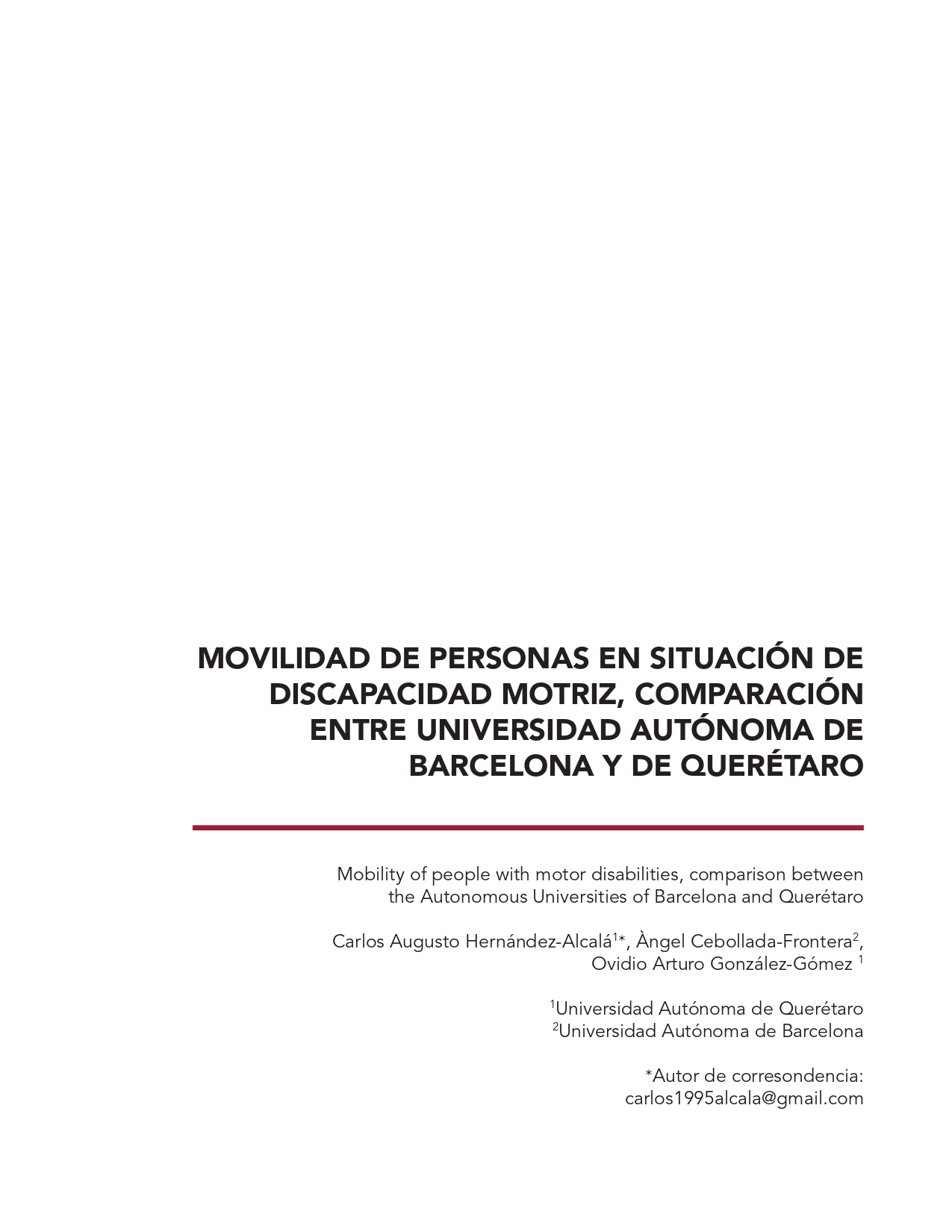Abstract
People with disabilities experience daily difficulties in carrying out their daily tasks. The systematic neglect of their needs in aspects such as education, mobility, access to public spaces, transport and work caused this group to remain isolated and opt for new forms of remote education. Online and distance education has grown exponentially since its inception, and it has resulted in a viable option for people with disabilities; however, this practice normalizes the exclusion of this group from the active participation in academic and cultural activities. Universities must provide an inclusive education that can be enjoyed by any person. To achieve this, a well-defined process in their system of linking and monitoring students in a situation of disability is necessary. The collection of statistical information on this group, respect for reserved places, adaptations in facilities and services, awareness courses and workshops are tools that help promote the active participation of this group in university studies. This article makes a comparison of the different linking and monitoring organizations for students with disabilities in different uni versities with different economic, social and cultural contexts. Replicability is not possible due to the different contextual particularities in each institution; however, it is a tool to parameterize the scope of an attention service for students with disabilities that can encourage them to carry out university studies.
This work is licensed under a Creative Commons Attribution-NonCommercial 4.0 International License.

